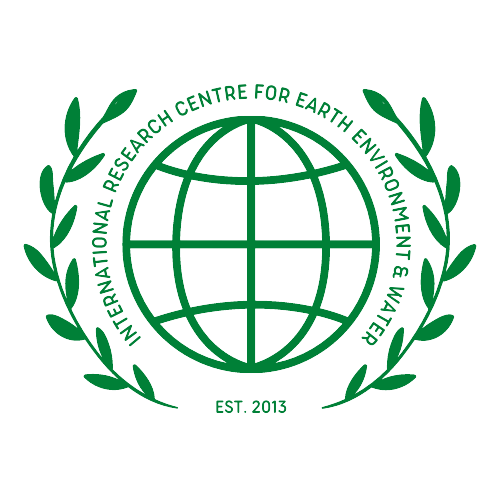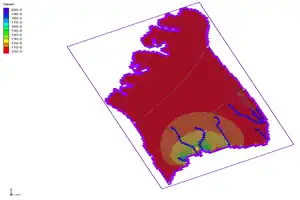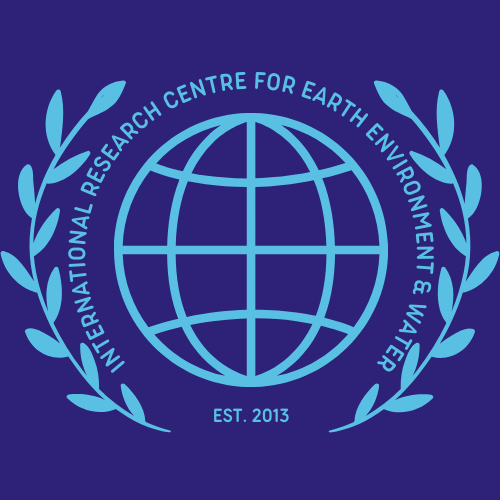Groundwater Exploration
Groundwater survey methods are essential for the efficient and sustainably managing groundwater resources. Groundwater surveys help identify groundwater resources’ location, quantity, quality, and sustainability. These surveys utilize various techniques and methods to map and explore subsurface water resources.
Resistivity Survey
One of the widely used methods for groundwater survey is the resistivity survey. This method involves measuring the resistance of the subsurface to an electrical current. By measuring the electrical resistance of the subsurface, it is possible to identify different geological formations and water-bearing layers. The resistivity survey can be conducted using various techniques, including vertical electrical sounding (VES), electrical resistivity tomography (ERT), and spontaneous potential (SP) measurements.
The accuracy of the results acquired from resistivity surveys is high, with most surveys having an accuracy of over 80%. The accuracy of the results can be further improved by using a combination of techniques and by integrating other data, such as borehole data and geophysical data
However, there are some myths related to groundwater exploration using old hand tools, such as divining rods and dowsing. These tools claim to be able to detect the presence of underground water using the diviner’s intuitive or psychic abilities. Despite the widespread belief in these methods, they have been scientifically proven to be ineffective and unreliable. No scientific evidence supports the use of divining rods or dowsing as a reliable method for groundwater exploration.
In contrast, modern groundwater survey methods are based on scientific principles and have been extensively tested and validated. These methods offer accurate and reliable results essential for sustainable groundwater management. Groundwater surveys using modern methods, such as resistivity surveys, are more cost-effective, efficient, and accurate than traditional methods. Additionally, they do not rely on subjective or untested methods, making them a more reliable and trustworthy approach to groundwater exploration.
Conclusion
In conclusion, groundwater survey methods are essential for identifying, exploring, and managing groundwater resources. Resistivity surveys are among the most widely used methods, offering high accuracy and reliability. On the other hand, old hand tools, such as divining rods and dowsing, have been scientifically proven to be unreliable and ineffective. Therefore, it is essential to rely on scientifically proven methods to ensure sustainable groundwater management.


